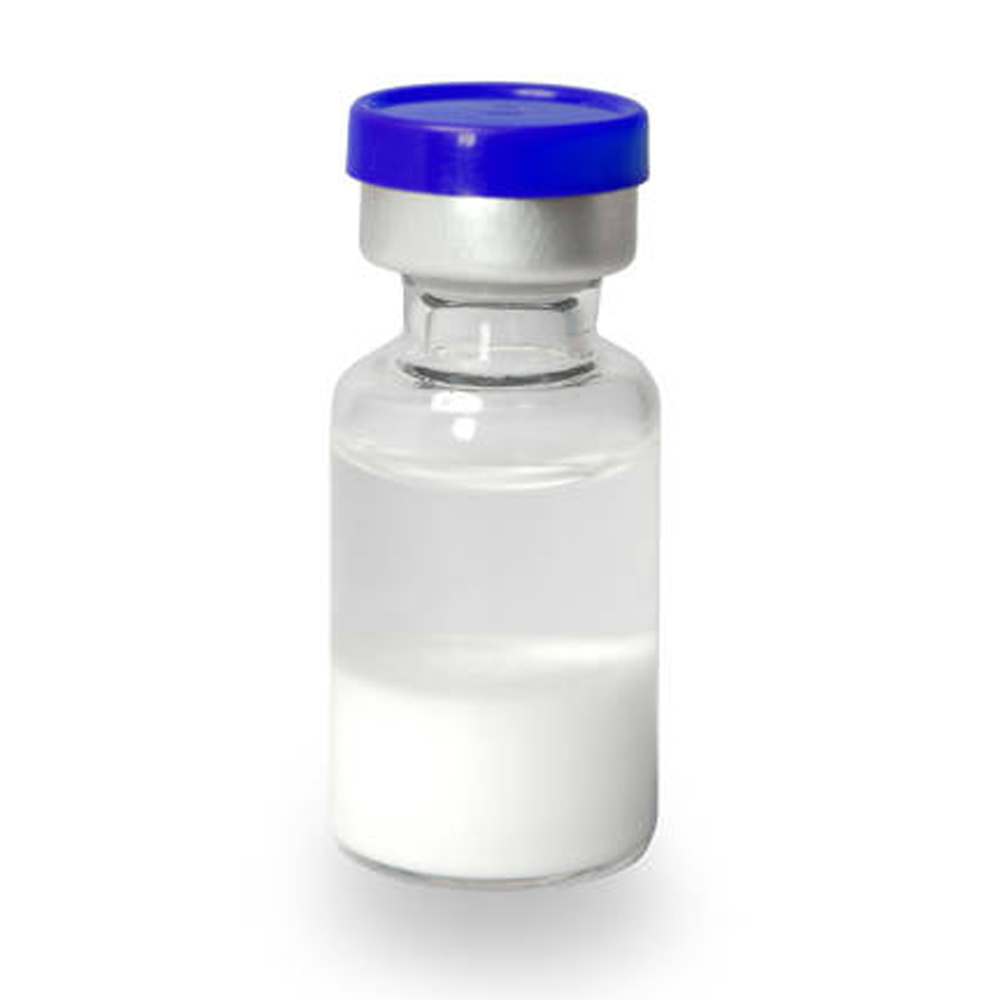Description
MGF (Mechano Growth Factor) is a peptide that plays a significant role in muscle growth and tissue repair. It is a variant of Insulin-like Growth Factor 1 (IGF-1), a potent growth factor involved in the anabolic processes of muscle tissue. MGF is released in response to mechanical stress (such as intense physical activity or weight training), hence the name “mechano.”
What is MGF (Mechano Growth Factor)?
MGF is a splice variant of IGF-1, meaning it is a form of IGF-1 that is produced in response to muscle contraction and exercise-induced stress. The peptide is released after muscle damage (e.g., after resistance training or intense workouts) and works to repair and regenerate muscle tissue by stimulating muscle satellite cells to proliferate and differentiate, promoting muscle growth.
While IGF-1 plays a broader role in growth and development throughout the body, MGF specifically targets muscle tissue repair and muscle regeneration, making it particularly relevant in the context of bodybuilding and athletic performance.
How Does MGF Work?
- Muscle Repair and Growth: When muscle fibers are damaged during intense physical exercise, MGF is released to stimulate the repair and regeneration of those muscle fibers. It promotes the activation of satellite cells—cells that lie dormant in muscle tissue but are activated during injury or stress. These satellite cells are essential for muscle hypertrophy (growth) and repair.
- Increased Protein Synthesis: MGF helps to increase protein synthesis, the process by which the body builds new proteins (especially muscle proteins) that are essential for muscle growth and recovery.
- Satellite Cell Activation: MGF stimulates satellite cells to differentiate into new muscle cells, thus promoting the repair and growth of damaged muscle tissue. This is particularly important in the context of post-workout recovery.
- Tissue Regeneration: Apart from muscle growth, MGF also has regenerative effects on other tissues and organs, though it is most commonly studied for its role in muscle regeneration.
Application of MGF in Sport and Bodybuilding
MGF is primarily used by bodybuilders and athletes who are looking to accelerate muscle growth, enhance recovery, and promote faster healing of injuries. Here’s how MGF is applied:
- Post-Workout Recovery: After intense workouts, MGF can help to speed up recovery by stimulating muscle repair. This is especially useful for bodybuilders or athletes who are engaging in high-intensity training sessions and need to recover quickly to train again.
- Muscle Hypertrophy (Growth): Since MGF stimulates the activation and differentiation of satellite cells, it can be used to enhance muscle growth. Bodybuilders may use MGF to improve muscle volume and size, particularly after an intense workout or in periods of muscle breakdown.
- Injury Recovery: MGF has been found to play a role in tissue regeneration, making it useful for healing muscle injuries, strains, and tears. It can help accelerate the healing process for damaged muscles, ligaments, and tendons.
- Fat Loss: Though its primary use is for muscle regeneration, some users believe that MGF can aid in fat loss due to the muscle-building effects and increased metabolism that come with enhanced muscle mass.
Administration of MGF
MGF is typically administered through subcutaneous injections (under the skin). The injection site is usually around the muscle group that is targeted for regeneration or growth, such as the biceps, quadriceps, or shoulders.
- Dosing: Typical dosing ranges from 100 to 200 mcg per injection. This can be administered daily or every other day, depending on the desired results and individual response.
- Cycling: MGF is often used in cycles that last anywhere from 4 to 8 weeks, followed by a break to prevent potential side effects and allow the body to maintain a natural balance.
Side Effects and Risks of MGF
Like many peptides and performance-enhancing substances, MGF may come with potential risks and side effects, including:
- Injection Site Reactions: Some users may experience redness, swelling, or pain at the injection site.
- Joint Pain: Due to its regenerative effects, MGF can sometimes cause joint pain or discomfort, especially if used in excess.
- Water Retention: Increased muscle growth and protein synthesis can lead to water retention in some individuals.
- Insulin Sensitivity: MGF may impact insulin sensitivity, so users should monitor their blood sugar levels if using it over extended periods.
- Growth Factor Dysregulation: Overuse of growth factors like MGF can potentially lead to abnormal growth patterns, although this is rare.
Legal Status of MGF
- MGF, like other performance-enhancing peptides, is considered a research chemical and is not FDA-approved for human consumption. It is not legal for over-the-counter sale and is typically sold as a research peptide.
- It may also be banned by most sports organizations, including those that follow the World Anti-Doping Agency (WADA) rules, as it could provide unfair advantages in athletic performance.
Conclusion
MGF (Mechano Growth Factor) is a powerful peptide that plays a crucial role in muscle repair, growth, and regeneration by stimulating satellite cells and promoting tissue regeneration. It is especially useful for athletes and bodybuilders looking to accelerate recovery, improve muscle hypertrophy, and heal injuries faster. While MGF offers many potential benefits, it is essential to be mindful of the risks, including potential side effects and legal considerations. Always consult with a healthcare professional before using any performance-enhancing substance.










Reviews
There are no reviews yet.